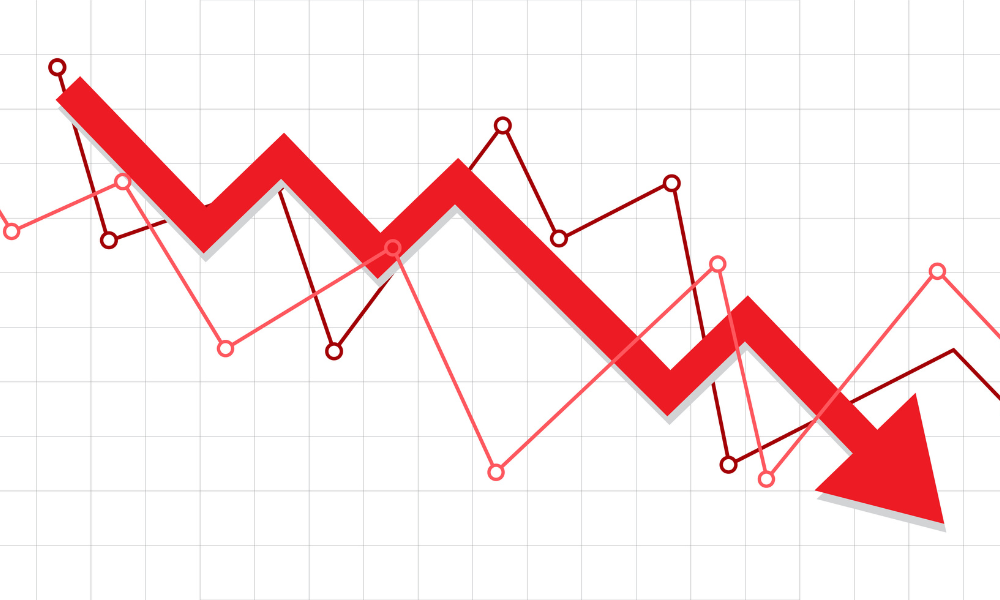Global survey reveals significant improvement in ESG tools, metrics, and services

Asset managers reported robust increase in ESG investment over the past year across asset classes and anticipate it will continue well into the future, even in the face of recent geopolitical unrest and global economic instability.
According to the Index Industry Association's (IIA) second annual ESG global survey of asset managers covering 300 investment fund businesses in the U.S. and Europe, the vast majority (85% globally) report that ESG has increased in importance within their company's overall investment offering or strategy over the past year, with just over a quarter (26%) stating that it has become "much more of a priority."
“Results of our second annual survey confirm what we’ve been hearing from our members – the asset management community wants to work with index providers to help drive ESG innovation and provide new options to help meet the strong demand from investors,” said Rick Redding, IIA CEO. “The survey results highlight that, among the many links in the ESG value chain, IIA members play an important role in bringing independent benchmarks to ESG stakeholders.”
The survey indicated that predictions for ESG growth had advanced significantly from where they were just a year ago. ESG components are anticipated to be included in asset management portfolios in 40% of cases within the following 12 months, an increase of 13% from the IIA's 2021 ESG survey.
All asset classes now incorporate ESG factors more frequently, with fixed income being the ESG asset class with the quickest growth. In fact, compared to 42% in 2021, 76% of businesses currently use ESG criteria for fixed income investments. This puts fixed income on par with equity, which increased from 53% of companies in 2021 to nearly 74% in 2022 and has long been considered the "traditional home" of ESG.
ESG requirements for commodities are also increasing noticeably. Nearly half of fund management firms examined (47%) using ESG criteria for this asset class today compared to 37% in 2021.
Although most asset managers polled include all three ESG factors in their portfolios, this year's survey reveals that the 'Environmental' pillar is given precedence. For ESG investors, climate change issues rank highly in the environmental dimension.
In the study, more than nine in ten (93%) participants said that environmental impact tracking tools, measures, and services were either highly or reasonably successful.
However, there is still room for improvement in ESG corporate data and ratings, with 31% of respondents citing a lack of openness and the requirement for increased public disclosure of firms' ESG efforts.
“In the face of geopolitical events and evolving regulations, the reliability and transparency ESG indexes provide is essential to the investment ecosystem,” said Redding. "As ESG investing continues to expand, the index industry will continue meeting investor demand for better benchmarks.”



